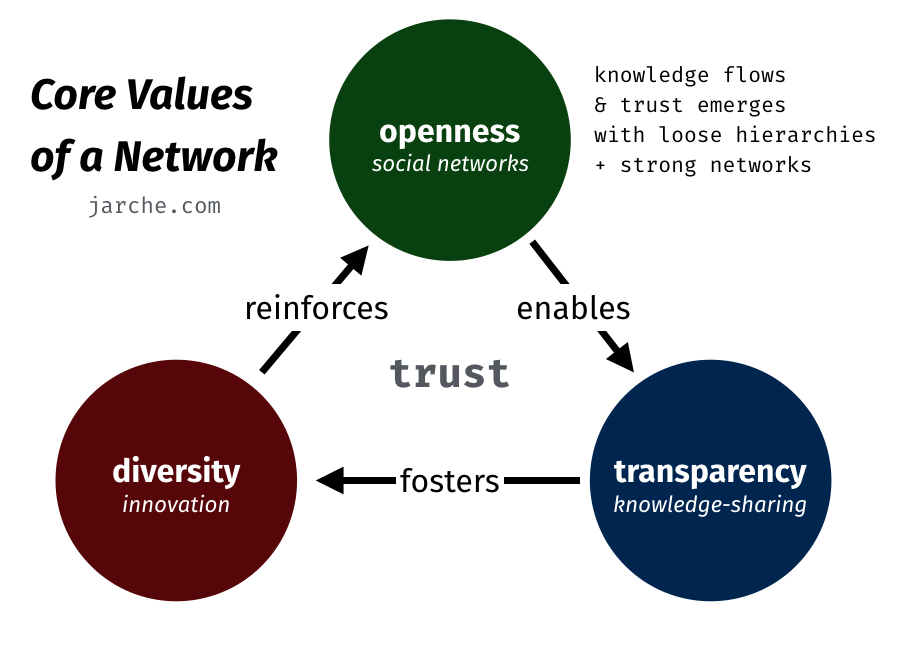when trust is lost
Author: Harold Jarche
Go to Source
When trust is lost, knowledge fails to flow. When knowledge flow is stemmed, trust is lost. There is widespread outcry in China over the death of Doctor Li Wenliang who identified the novel corona virus, was reprimanded by the police for discussing it in public, and then died from the virus.
“For many people in China, the doctor’s death shook loose pent-up anger and frustration at how the government mishandled the situation by not sharing information earlier and by silencing whistle-blowers. It also seemed, to those online, that the government hadn’t learned lessons from previous crises, continuing to quash online criticism and investigative reports that provide vital information.” —NYT 2020-02-07
Contrast this with the sharing of research about the virus and how to counter it among the global medical and immunology communities. Researchers in one time zone work all day and then pass off their findings to teams on the other side of the earth. It’s a 24/7 example of working out loud and learning as the work.
Consider any organization that has separation between departments who may officially have the same objectives but their internal directions are at cross-purposes. The tighter our control, then the weaker is our ability to learn and adapt, as Gillian Tett describes in The Silo Effect, “The paradox of the modern age, I realized, is that we live in a world that is closely integrated in some ways, but fragmented in others. Shocks are increasingly contagious. But we continue to behave and think in tiny silos.” We think we are insulated in our silos while contagion rapidly spreads around us.
Breaking down barriers to knowledge flow should be of prime importance for anyone in a leadership position. Leadership is helping make the network smarter. Networks in which knowledge is more visible and flows faster are able to learn faster and better. The example of this epidemic should hit executives in the gut and get them to seriously reexamine every single control mechanism that stifles the flow of knowledge or fails to foster trust among workers.
Openness enables transparency and knowledge-sharing, which fosters diversity of opinions, and these reinforce social networks. Over time, trust emerges.

